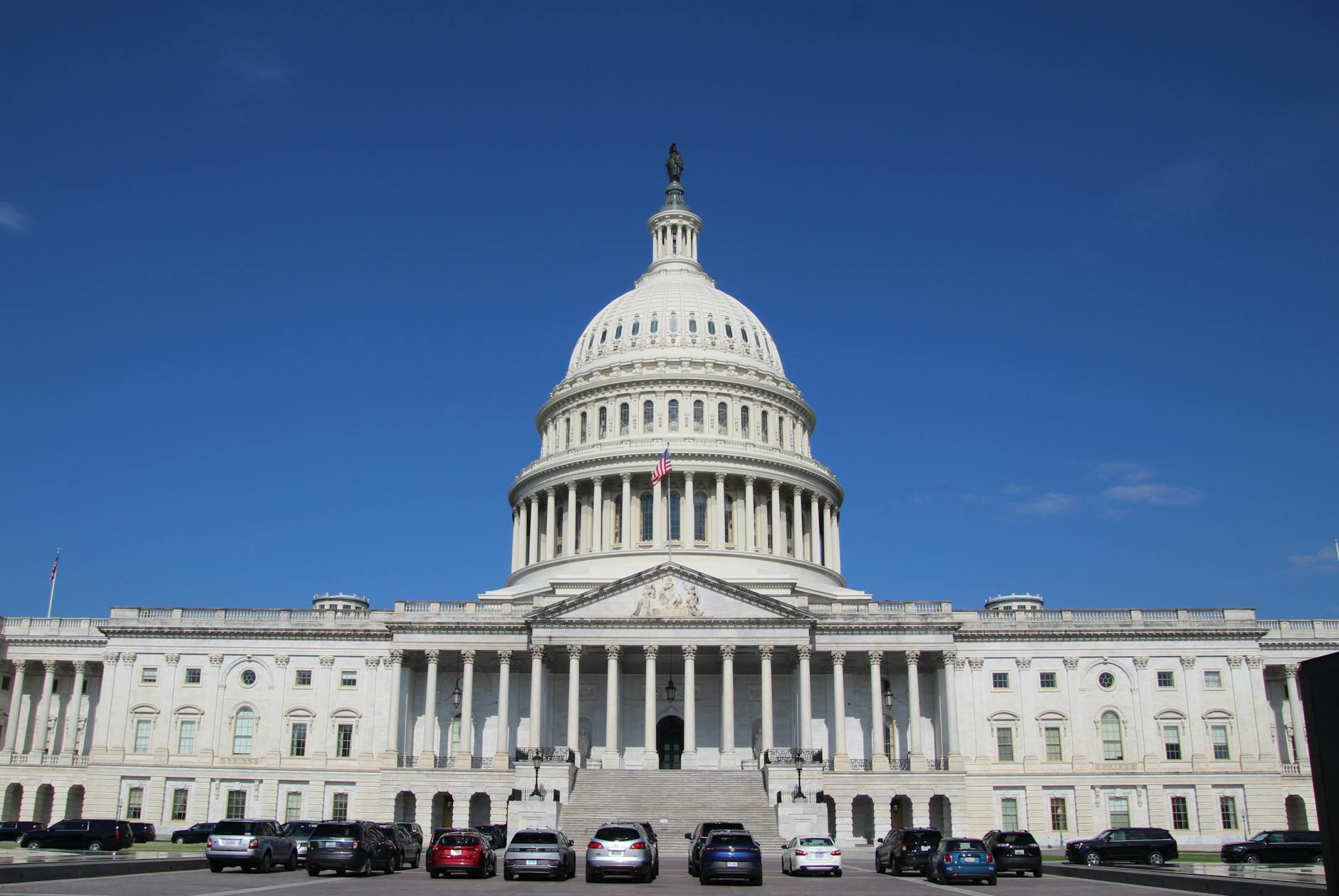The upcoming votes on cryptocurrency legislation in the House present a significant moment for both political maneuvering and the future of digital assets regulation. However, House Democrats face internal discord that may complicate their strategy during what's been dubbed "Crypto Week." According to Decrypt, some Democrats are aligning these bills with President Donald Trump's personal crypto ventures, viewing them through the lens of potential conflicts of interest. Others seem ready to support the legislation, albeit with less enthusiasm than seen in previous sessions.
This split is not just a minor internal party issue but a reflective mirror on the broader challenges of creating bipartisan support in highly politicized environments. Last year, a similar crypto market structure bill saw substantial bipartisan support. This year, the landscape has altered significantly. The GENIUS Act and the CLARITY Act, both pivotal in forming a structured framework for the cryptocurrency market, are expected to pass but perhaps with a narrower margin that underscores a growing partisan divide.
The Democrats’ inability to present a unified stance may be indicative of deeper ideological rifts within the party, influenced by an increasing tendency to link legislative agendas directly to President Trump's activities in the crypto space. One Democratic House staffer's remark that a "yes" vote would be a vote for "Trump's corruption" exemplifies how political narratives can overshadow legislative content, potentially to the detriment of informed decision-making and political neutrality in areas as crucial as financial regulation.
Moreover, this polarization may affect perceptions among industry leaders and investors who have long hoped for cryptocurrency to transcend partisan politics. Crypto industry leaders have been pouring resources into securing favorable regulatory environments, keenly aware that clear and supportive legislation could bolster innovation and investment. However, as the political football game intensifies, the risk grows that substantive policy discussions will give way to political point-scoring.
Yet, it’s not all divisive. Figures like Rep. Angie Craig (D-MN), who has shown consistent support for the crypto industry, highlight that there are still elements within the Democratic Party who see the potential in fostering a structured and stable crypto environment. This aligns with broader trends noted in Radom Insights, where regulatory clarity is seen as pivotal for business stability and growth in fintech.
The unfolding scenario invites a broader reflection on the role of politics in financial legislation. As digital assets continue to embed themselves into global finance, the need for clear, comprehensive, and, crucially, stable regulatory frameworks becomes more apparent. It's a matter that transcends individual political figures and requires a forward-looking, informed approach. Whether House Democrats can overcome their internal divisions to address these pressing needs remains to be seen, but the stakes are undoubtedly high.



